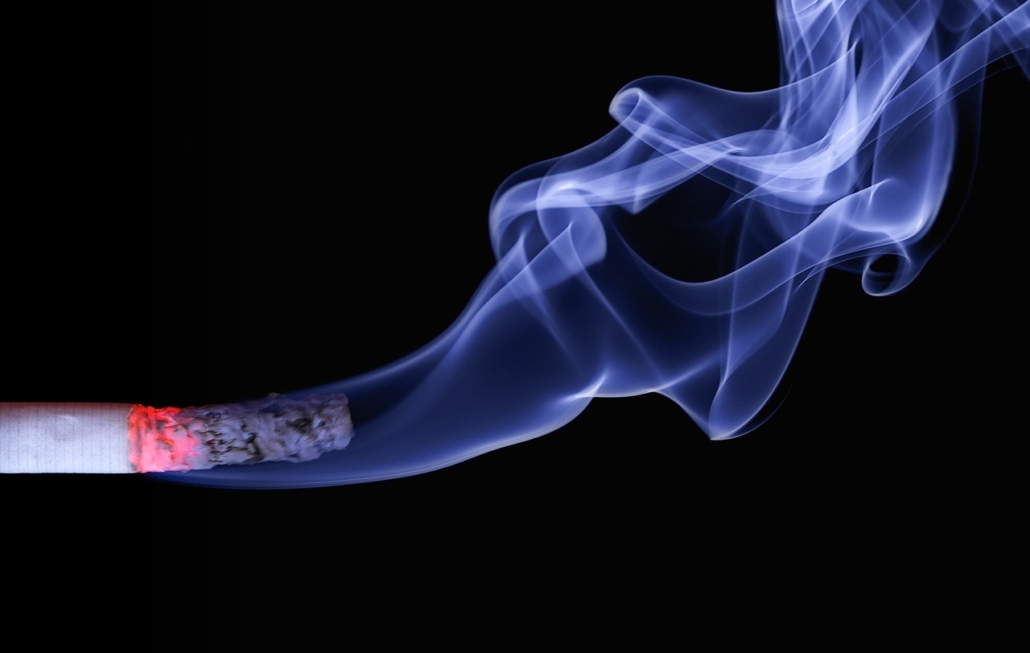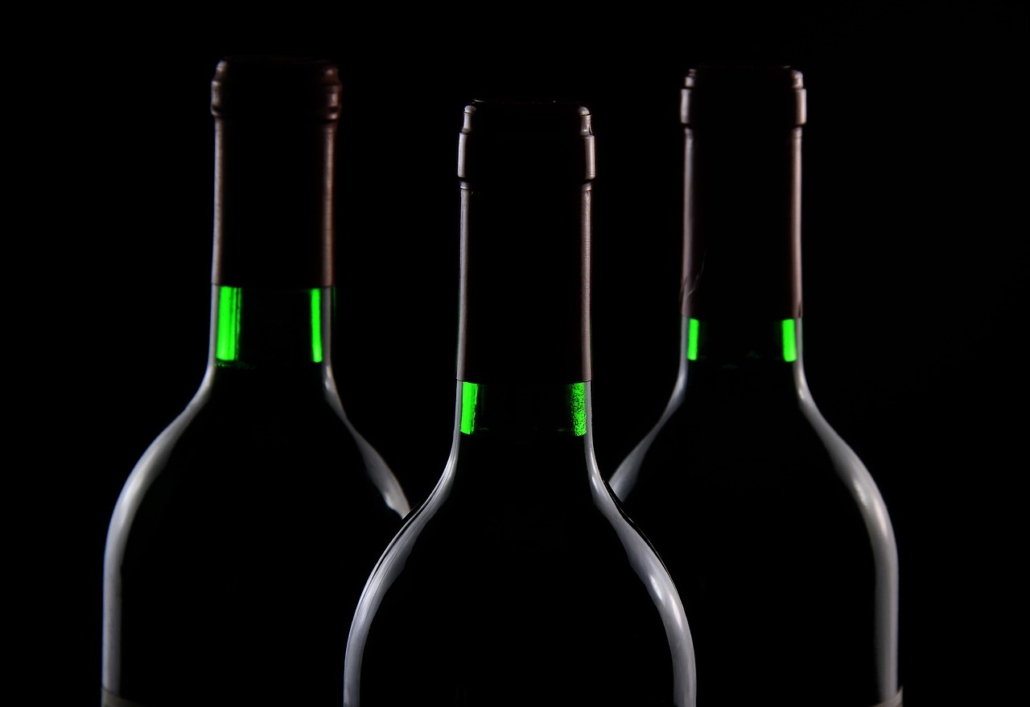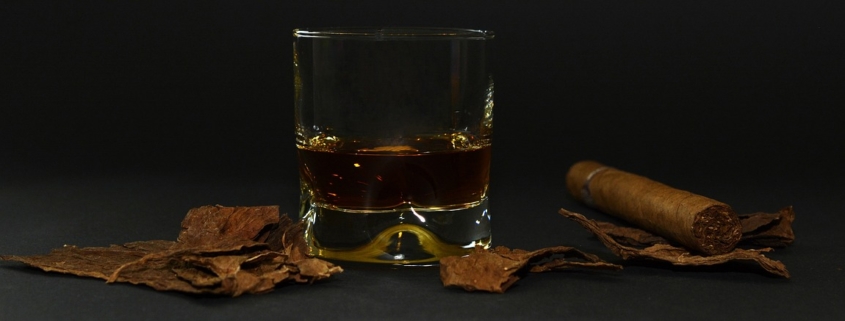Which Simulant is Worse?
Nicotine and Alcohol are both classified as stimulants, but one has an edge over the other. Nicotine can increase your heart rate and sensitivity, while Alcohol can increase your heart rate. In this article, we will explain how alcohol affects the body. Nicotine can increase your heart rate and sensitivity, while Alcohol can overstimulate GABA pathways. We’ll also explain how alcohol affects your heart rate and your sedation.
Nicotine is a stimulant
Nicotine is a powerful stimulant and depressant, and it is one of the most addictive substances. Ingesting nicotine triggers the release of dopamine, which is the “VIP” chemical in the brain. Dopamine signals the brain that you’re happy and relaxed. This euphoric effect is short-lived, but nicotine can cause long-term depression and anxiety. Nicotine is a dangerous and addictive drug, but it may seem unassuming.
Smoking and drinking go hand in hand. Many addiction scientists believe that alcohol consumption contributes to an increase in cigarette smoking. In addition, alcohol is believed to be a risk factor for relapse during smoking cessation. Studies have suggested that alcohol consumption and smoking increase the pleasurable effects of both substances. Nicotine and alcohol may also affect one another’s brains. The following are two studies that investigate the neurotransmitters involved in addictive behaviors. One study examined the effects of alcohol on rats, while the other looked at the effect of a drug that blocks the nicotinic effects of alcohol on mice.
Depressants are the opposite of stimulants. They slow down the central nervous system, reduce heart rate, and make the body feel relaxed. Despite their positive effects, depressants can also have dangerous side effects. While nicotine and alcohol are both stimulants, they should be avoided whenever possible. The combination of both can cause severe side effects. Toxic substances should never be mixed with alcohol. As with other chemicals, it can cause a dangerous addiction and should never be used without medical advice.

Alcohol overstimulates GABA pathways
There are many different benefits of gamma-aminobutyric acid (GABA), a neurotransmitter found in the brain. In addition to helping the body feel relaxed, GABA is also important for regulating the nervous system, including our ability to move, our emotions, and our thought processes. Alcohol can disrupt GABA levels, causing a range of uncomfortable effects in the body.
As an addictive substance, alcohol can lead to serious mental health effects. Alcohol alters brain chemistry, affecting the way dopamine and serotonin are processed. Both neurotransmitters are important for emotional regulation, and alcohol overstimulation of GABA receptors can have a negative impact on mental health. When consumed in excessive amounts, alcohol can lead to anxiety and panic attacks. It can also damage your motor skills. If you and your your partner are abusing alcohol a couples rehab for addiction might be a program that you help you.
Although alcohol is a chemically simple compound, its effects on the brain are well-known. Previous studies suggested that alcohol affected the central nervous system by disrupting the lipid bilayers of neurons. However, recent evidence suggests that ethanol affects the brain by stimulating the activity of ligand-gated ion channels. In particular, gABAA receptors appear to play a central role in ethanol’s effects in the CNS. In mammals, GABA is the primary inhibitory neurotransmitter and has been associated with reduced excitability.
The cellular effects of alcohol on the brain have been uncovered through genetic studies of the GABAA receptor. Genetic studies of alcoholics have linked genes encoding GABAAR subunits to specific aspects of alcoholism. The gene clusters have co-regulated expression in the brain. Further, studies have indicated that ethanol has a genetic component. In addition to the physiologic effects, ethanol has been found to inhibit glycine-gated currents in a variety of models.
Alcohol causes sedation
The effects of alcohol are dependent on the amount consumed. When taken in large amounts, alcohol has stimulant and sedative properties. Drinkers who experience a rising BAC report feeling more elated, less anxious, and less restless. Drinkers who experience a descending BAC report feeling less vigor and confusion. Alcohol also inhibits the production of the neurotransmitter glutamate.
The results of the study suggest that alcohol has both sedative and stimulating effects. Drinkers with a high level of behavioral impulsivity have more sedative effects than low-level drinkers. This may be a protective mechanism to help individuals limit their alcohol intake. To further explore this phenomenon, a low-level response theory should consider both sedative and stimulating effects of alcohol. However, this hypothesis is not entirely supported by the results. Although the effects of alcohol on sex drive can be difficult to recognize in the short term, it is important to understand how alcohol works. Studies have shown that alcohol affects libido in several ways.
While alcohol can cause both sedative and stimulating effects, these effects are only felt during the initial stage of intoxication. After that, alcohol has sedative properties that make the body slow down. It is therefore classified as a depressant rather than a stimulant. The classification of drugs is based on their dominating effects. Alcohol has both stimulant and depressant effects. Intoxicated individuals tend to have a more stimulating reaction to alcohol than those with lower alcohol intake.
While alcohol has both stimulant and depressant effects, it does not affect the brain the same way. While it may affect heart rate, increase energy, and inhibit inhibition, alcohol’s effects on the brain are not the same. Alcohol affects the central nervous system differently in men and women. Alcohol’s stimulant effect will depend on the person’s body chemistry and the amount consumed. The person’s tolerance will determine the amount of stimulant or depressant effects.

Alcohol increases heart rate
While alcohol does raise your heart rate, it is an entirely natural process. The amount of alcohol you consume can increase the stress on your heart. Even light to moderate drinking can increase your heart rate, and the more you drink, the higher it will get. People who are allergic to alcohol will also notice an increase in their heart rate, although it may be more noticeable when they drink too much. This is because alcohol can cause your blood vessels to grow larger. As a result, your heart has to work harder to pump blood to the rest of your body.
One study found that a single drink could elevate your heart rate by five beats per minute. Researchers used the 12-ounce beer and a five-ounce glass of wine as the standard. Two or more drinks led to an even higher increase, lasting over a twenty-four-hour period. A single drink can cause an increase in your heart rate for a long time. However, there are some people who are more vulnerable to this risk.
Drinking alcohol is linked to a greater risk of stroke and heart attack. According to a recent study conducted by Harvard University, those who consume six to nine drinks per day nearly double their risk. Alcohol increases heart rate because it raises blood pressure and makes platelets stickier. These are two signs of cardiovascular problems. Drinking less alcohol and cutting down on caffeine is a better option for your health. Just remember that it is not worth the risk to your heart.
Alcohol increases blood pressure
While a single drink can raise your blood pressure, studies show that it doesn’t increase it significantly. However, frequent binges can increase your blood pressure and can make you prone to long-term high blood pressure. Also, alcohol interacts with some blood pressure medications, affecting their levels in the body and increasing their side effects. Hence, alcohol consumption should only be done as a last resort and not as a primary form of treatment for high blood pressure.
Although reducing alcohol consumption has been associated with reduced blood pressure, the effect is only minimal. For example, reducing alcohol consumption by half did not have a significant impact on pooled blood pressure in those who consumed two or three drinks per day. The effects were more pronounced in those who drank five or six drinks a day. This was followed by a similar pattern with regard to those who consumed six or more drinks per day.
Excess alcohol consumption leads to high blood pressure in both men and women. Drinking more than three drinks in one sitting can raise your pressure temporarily, but repeated binge drinking can increase blood pressure over time. CDC defines binge drinking as four or more drinks in less than two hours, while heavy drinking is defined as three or more drinks a day. In terms of quantity, one ounce of alcohol can increase blood pressure by 0.8 mm Hg.
Alcohol causes hallucinations
Although alcohol can cause hallucinations, they are usually brief and temporary. Some people even self-harm from alcohol hallucinations, so it is important to seek medical advice immediately. These hallucinations may be a sign of alcohol poisoning, which can cause permanent damage or death. If you have a history of alcohol abuse, you should seek treatment for these problems. Read on to learn more. Whether or not alcohol causes hallucinations depends on the circumstances of the alcoholic’s drinking.
People who drink too much alcohol can develop hallucinations, even during the early stages of withdrawal from alcohol use. In severe cases, hallucinations can lead to psychosis. Hallucinations caused by alcohol withdrawal are common, but they only occur in a small number of people. However, alcohol-induced psychosis requires supervised treatment. Alcohol withdrawal is a dangerous condition that should only be attempted by those who are under medical supervision.
Both Nicotine and Alcohol should be avoided for you to live a long and healthy life. If you are struggling with either, there is help available, and addiction counseling is a first step to recovery from dependency.

